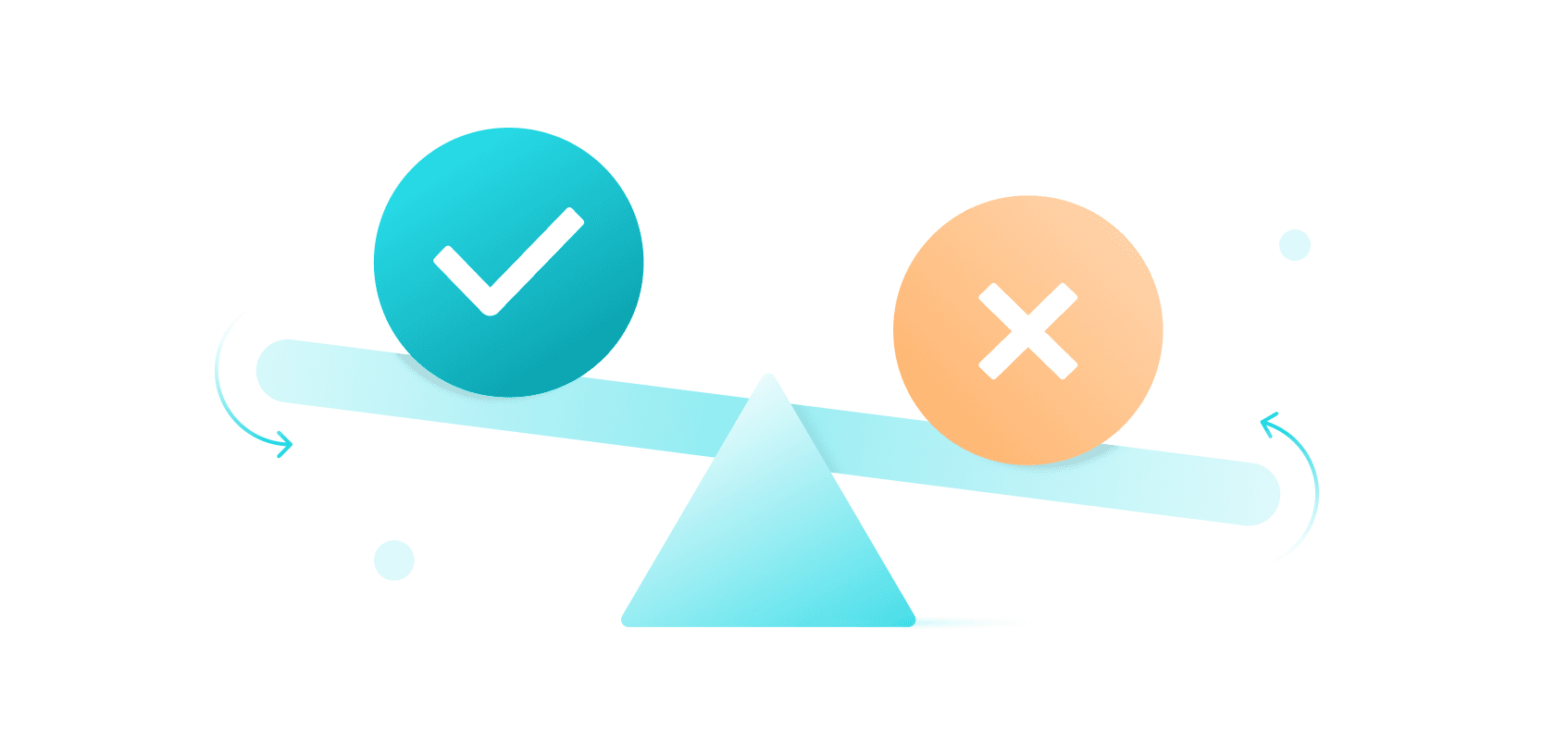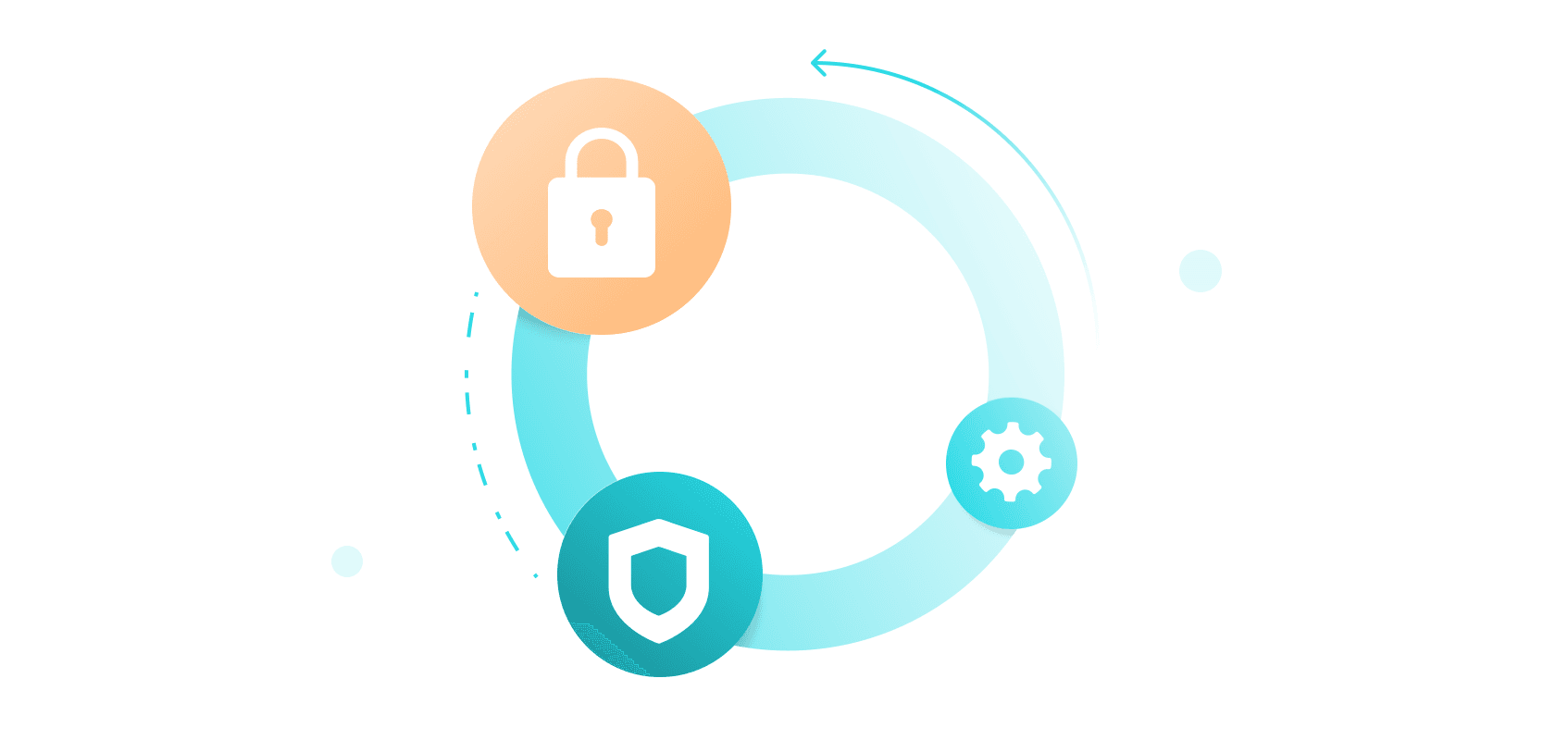Ethical Considerations in Data Collection
News

Justas Palekas
Data makes the online world go round, making it crucial for every business, from the smallest startups to the largest enterprises. While there are plenty of useful tools and ways to get the necessary data, the question is, do they collect it ethically?
With ethical data collection being the cornerstone of privacy, security, and trust, businesses and clients are paying more attention to this critical factor when providing or choosing a service. This includes proxy services, which are supposed to provide online anonymity and privacy.
In this article, we’ll explain everything you need to know about ethical data collection and data ethics in 2024, from why it’s important to the best data collection techniques to protect personal data.
Let’s start by discussing why ethical data collection matters so much in today’s world.
Understanding the Importance of Ethical Data Collection
Nowadays, companies rely on data to innovate, make well-informed decisions, and offer personalized services. However, the way they gather, store, and utilize this data can have significant consequences.
With ethical data collection, they guarantee the protection of data privacy, avoid improper handling of sensitive data, and maintain standards of fairness and transparency. Considering the increased data breaches and misuse, the ethics of data collection has become extremely important for both companies and clients.
While data ethics aligns with legal requirements such as GDPR (General Data Protection Regulation) compliance, it’s more than just a legal obligation. Data ethics is also about the moral responsibility to handle data ethically.
Here are a few reasons why ethical considerations in data collection are crucial:
- Privacy protection: Companies obtain consent, respect individual privacy, ensure anonymity when appropriate, and openly disclose data usage.
- Preventing data misuse: Ensuring the collected data is not used for manipulative, exploitative, or discriminatory purposes.
- Building and nurturing trust: Makes people more inclined towards data sharing, resulting in accurate and quality data collection and reliable data analysis.
- Guaranteeing fairness: By being aware of biases in both the data collection process and algorithmic decision-making, businesses guarantee minimal risk of inequality or injustice.
- Social responsibility: Considering the huge effect data collection and analysis can have on society and leveraging data in ways that foster societal well-being.
In a nutshell, data will continue to be collected and analyzed using residential proxies and other methods. However, data ethics will ensure more responsible, respectful, and beneficial use of information. Adhering to ethical standards is no longer only a legal obligation but also moral.
Risks and Repercussions of Unethical Data Gathering Practices
Irresponsible data collection or ignoring data ethics is associated with multiple risks. They include the following:
- Privacy breaches – exposing personal or sensitive information of users, leading to reputational damage, identity theft, or fraud.
- Misuse of personal data – using data for profiling, targeted ads, or discrimination without informed consent.
- Legal repercussions – violating data laws and regulations, which vary by sector, country, or context, can lead to sanctions, lawsuits, or fines.
- Loss of trust and reputation damage – affecting the organizations responsible.
Organizations and companies need to prioritize data ethics to avoid or mitigate these risks so they can maintain the trust of clients, users, partners, and employees.
Ethical vs. Unethical Data Gathering Methods
Data ethics revolves around the moral obligations related to gathering, safeguarding, and using personally identifiable information and its effects on individuals. Understanding it will help companies notice unethical methods associated with data collection, storage, and usage.

Ethical Data Collection Methods
Here are the three main data ethics every business should consider:
1. Consent Based on Information From People
It’s about getting an individual’s approved or informed consent to take part in any evaluation exercise where personal information or data is collected.
For that purpose, companies need to prepare a declaration that clearly defines the objectives of the evaluation, why they need the information, for whom the information is, how it will be stored, for how long, and who can access it.
Ensuring the subject understands everything is crucial when obtaining informed consent.
2. Maintaining Anonymity and Confidentiality During Data Handling
Anonymous data is information that can’t be related to a specific individual. Confidential data refers to information associated with a certain person but kept private, like service or medical details.
Both confidential and anonymous data are important, so data subjects must be informed whether the information they provide is protected.
3. Transparent Communication in Terms of Data Sharing
Besides establishing clear procedures for data collection, companies and organizations should also outline specific protocols for sharing that data. This is especially important when dealing with sensitive personal and private data, such as information related to mental health or addiction.
Organizations should inform individuals that the collected data will be consolidated as part of the analysis procedure, thus ensuring personal data privacy. Customer data platforms can play an important role in this process by enabling businesses to manage and utilize extensive datasets responsibly while adhering to ethical standards.
Unethical Data Gathering Practices
Unethical data gathering methods violate the principles of fairness, transparency, and respect for individual privacy and autonomy. Here are a few to consider:
1. Collecting or Using Information Without Consent
Collecting data without individuals’ knowledge or informed consent or misleading individuals about the purpose of data collection are unethical data gathering practices.
The Cambridge Analytica incident is a perfect example of this unethical scenario, affecting millions of Facebook users. Their data was gathered without explicit consent, resulting in a significant breach of trust and privacy.
2. Improper Data Security
Failing to adequately protect the harvested data from unauthorized access or misuse is another major concern. For example, the Equifax scandal involved exposing sensitive data of around 140 million people.
Besides jeopardizing personal privacy, this high-profile data breach made people lose trust in data handling practices in general.
3. Privacy Violations
With the increasing ability to collect vast amounts of personal information, organizations need to ensure individual privacy is protected. They can do this by gathering essential data instead of intruding into personal lives.
This poses a challenge for many apps with location-tracking capabilities. While they can provide valuable insights for services, they also raise concerns about surveillance and personal space intrusion.
4. Being Unclear About Intent
Some organizations and companies don’t provide clear information about why they collect user data. This is closely connected to consent, as individuals must understand what their data will be used for so they can decide if they want to participate or not.
5. Lack of Confidentiality or Anonymity
Sharing personally identifiable information about participants in interviews, questionnaires, or studies without them knowing is unethical. While they do agree to participate, most of them are willing to give their answers only if they stay anonymous or if the information they provide stays confidential.
6. Deceptive Practices
This involves misleading individuals about the purpose or extent of data collection. For example, a company may disguise data collection activities as part of a survey or promotional offer when, in reality, the goal is to gather personal information for other purposes, such as targeted advertising.
What to Look Out for as a Consumer
As a consumer or client, here are a few things to consider to protect your privacy and avoid becoming a victim of unethical data gathering practices:
- Read privacy policies and terms of service before using products and services. Look for transparency regarding data collection practices, how data will be used, and if consent is required.
- Pay attention to permissions and settings in apps and online platforms. Be careful of apps that request excessive permissions or access to sensitive information without a valid reason.
- Be cautious when providing personal information online or in-store. Ask why certain information is required and if it’s necessary for the service provided.
- Monitor and control third-party tracking mechanisms using browser extensions or tools for privacy to limit tracking cookies, ad trackers, etc.
- Stay updated about data breaches and security incidents affecting companies you interact with. Make sure you secure your accounts and monitor for potential data misuse.

What to Look Out for as a Business
Businesses should be vigilant about unethical data collection techniques to protect privacy, maintain trust, and comply with legal and ethical standards. Things to consider as a business or organization include:
- Establish clear data protection policies and procedures for your organization. Ensure compliance with current laws and regulations, such as GDPR, CCPA, or industry-specific guidelines, even when scraping data from websites.
- Collect only the information necessary for your business operations. Avoid collecting excessive or irrelevant data that could pose privacy risks to consumers.
- Obtain explicit consent from individuals before gathering their personal data. Clearly explain the purpose of data collection and provide options for individuals to control their data preferences.
- Use robust security measures to safeguard collected data from unauthorized access, breaches, or misuse. Regularly assess and update security protocols to address evolving threats and vulnerabilities.
- Be transparent about your data collection practices and how consumer data is used within your organization.
- Exercise caution when sharing consumer data with third parties. Data sharing should only be allowed with trusted partners who adhere to similar privacy and security standards.
- Respect consumer rights regarding data access, rectification, and deletion.
Final Words
Ethical data collection is essential in today’s data-driven world. As businesses strive toward innovation and personalization, it’s crucial to prioritize transparency, consent, and accountability.
By adhering to established ethical standards and understanding the risks involved in unethical practices, both companies and consumers can foster trust, protect privacy, and promote responsible data gathering with integrity and accountability.
